What is the difference between a baker and a chef? Lessons I’ve Learned from Professional Chefs
When I was a student at Cambridge School of Culinary Arts, I was trained under a French Pastry Chef Delphin. He is easy going and has a great sense of humor. If you want to know how to upset him, I tell you a trick. Go call him a "baker." I am sure he will be very mad at you. Delphin views "chefs" totally different than bakers. The term, chef, means a professional cook who not only has the skill set to produce food but also has the knowledge of food. A pastry chef should understand the science behind baking. When a chef reads a recipe, he or she can see how to improve it or give it his or her own personal twist. Delphin told us, "You're not here to learn how to be a baker. You're here to learn how to be a chef."
After I graduated from CSCA, I always carry Delphin's spirit with me wherever I work. Now, I teach students of all different ages and abilities at several professional and recreation cooking schools. I never lower my expectations for my young students. Here are some things I teach students at young age.
- Thank you but no bite
You will be surprised how "foreign" real food is to many young children. When I plan the class, I always try to teach the students to make seasonal pastries. I still remember the first time I taught students to make raspberry rhubarb empanada in the spring. When I showed the children rhubarb, not one of them knew what it was. They guessed, "celery, zucchini, squash." I got all different kinds of answer. When they took a bite, none of them liked it. They all spit it in the trash bin. I have a "thank you but no bite" policy. You should at least try one bite, and then tell me "thank you but I don't like it." I explained to them, rhubarb is tangy and crunchy. Raspberry is sweet and soft. When we combine them together, they will make the flavor interesting, sweet and tangy. The mouth feel will be balanced. The rhubarb will give the fillings structure. Even though none of them loved the raw rhubarb, they all enjoyed the empanada so much!
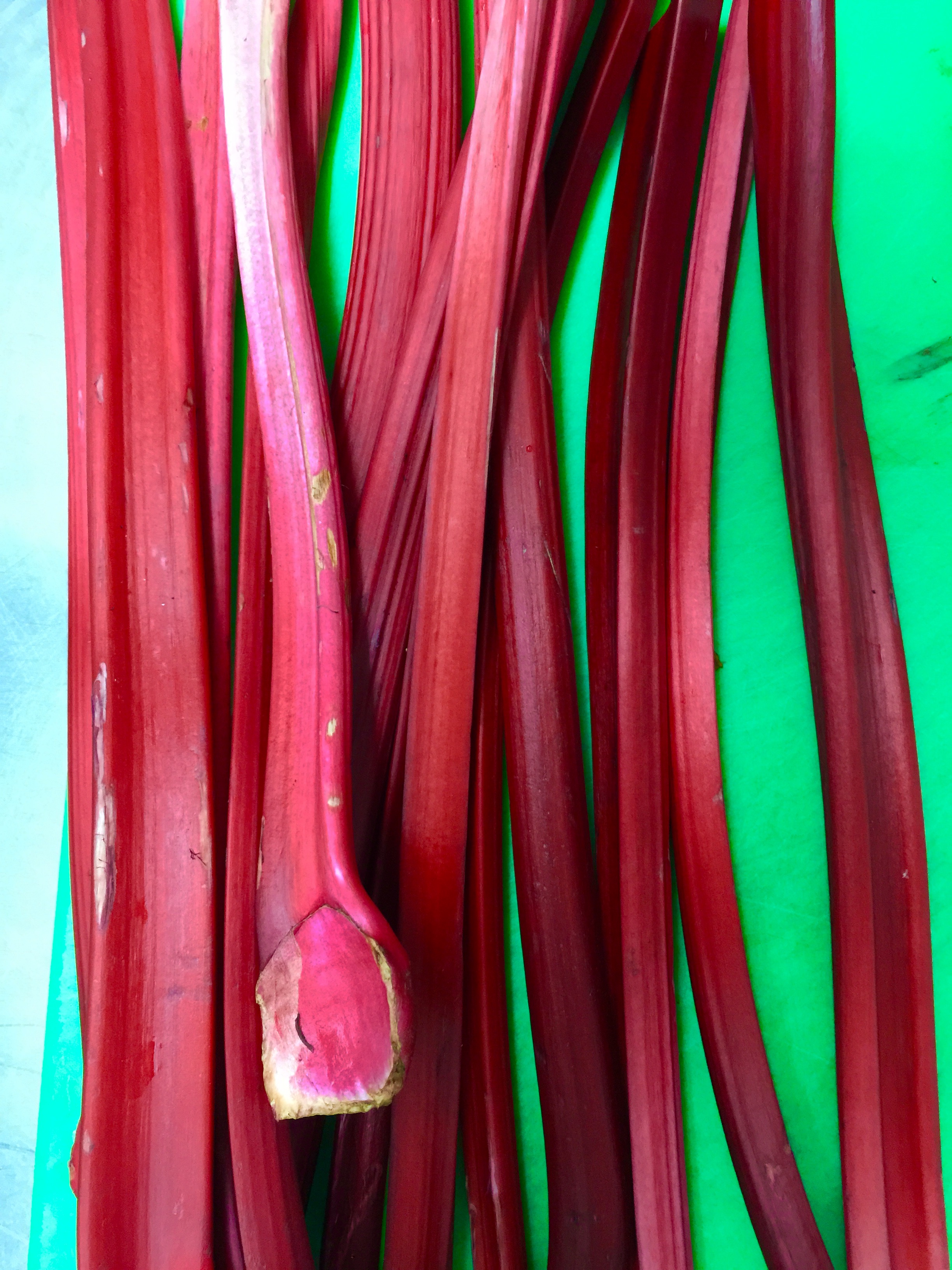
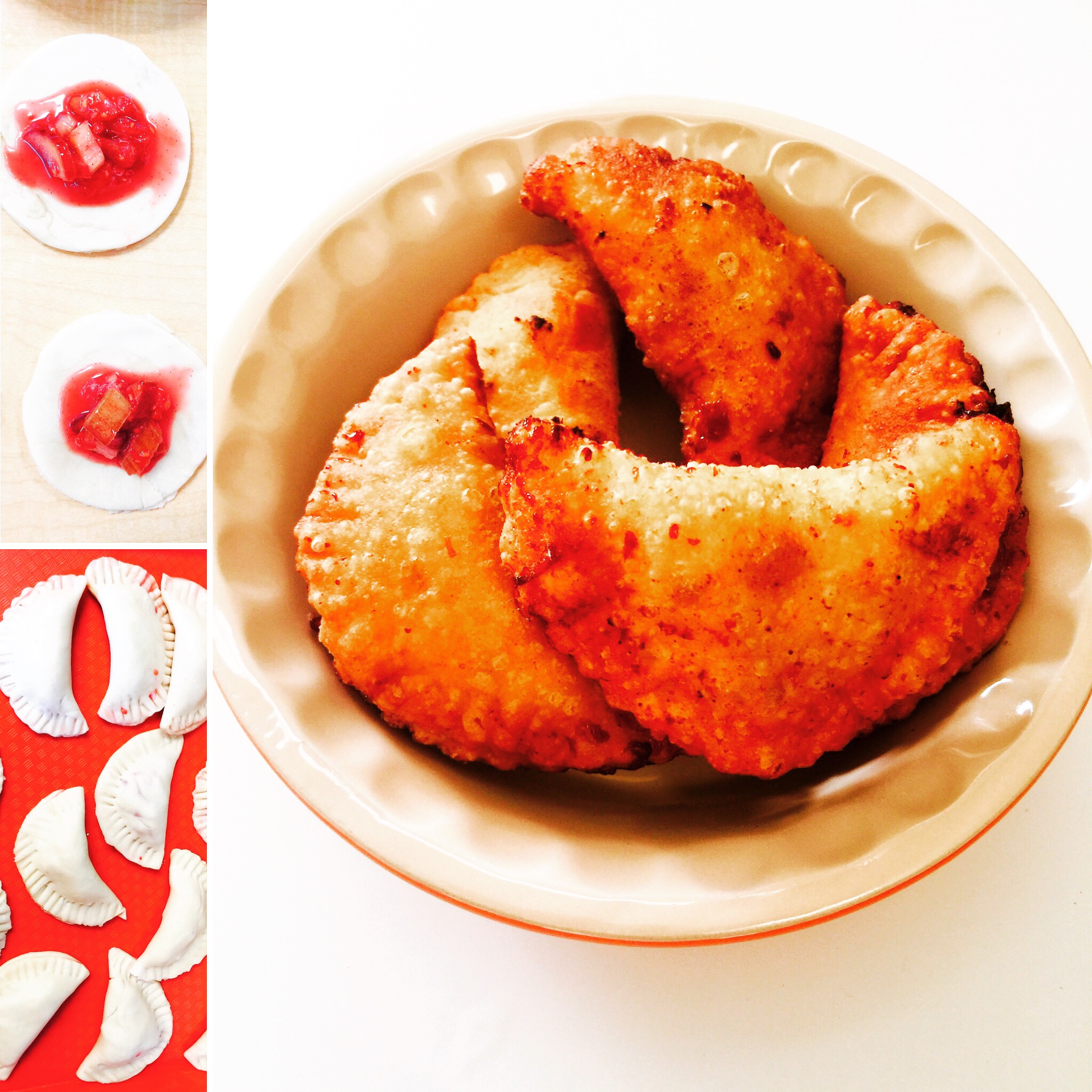
- Be organized
A chef must always keep his/her working station clean and organized. Before we start making batter and baking, the most important thing is "Mise en place." This is a French culinary phrasewhich means "putting everything in its place." I guide the students to measure the ingredients. It's the best opportunity to teach them math.
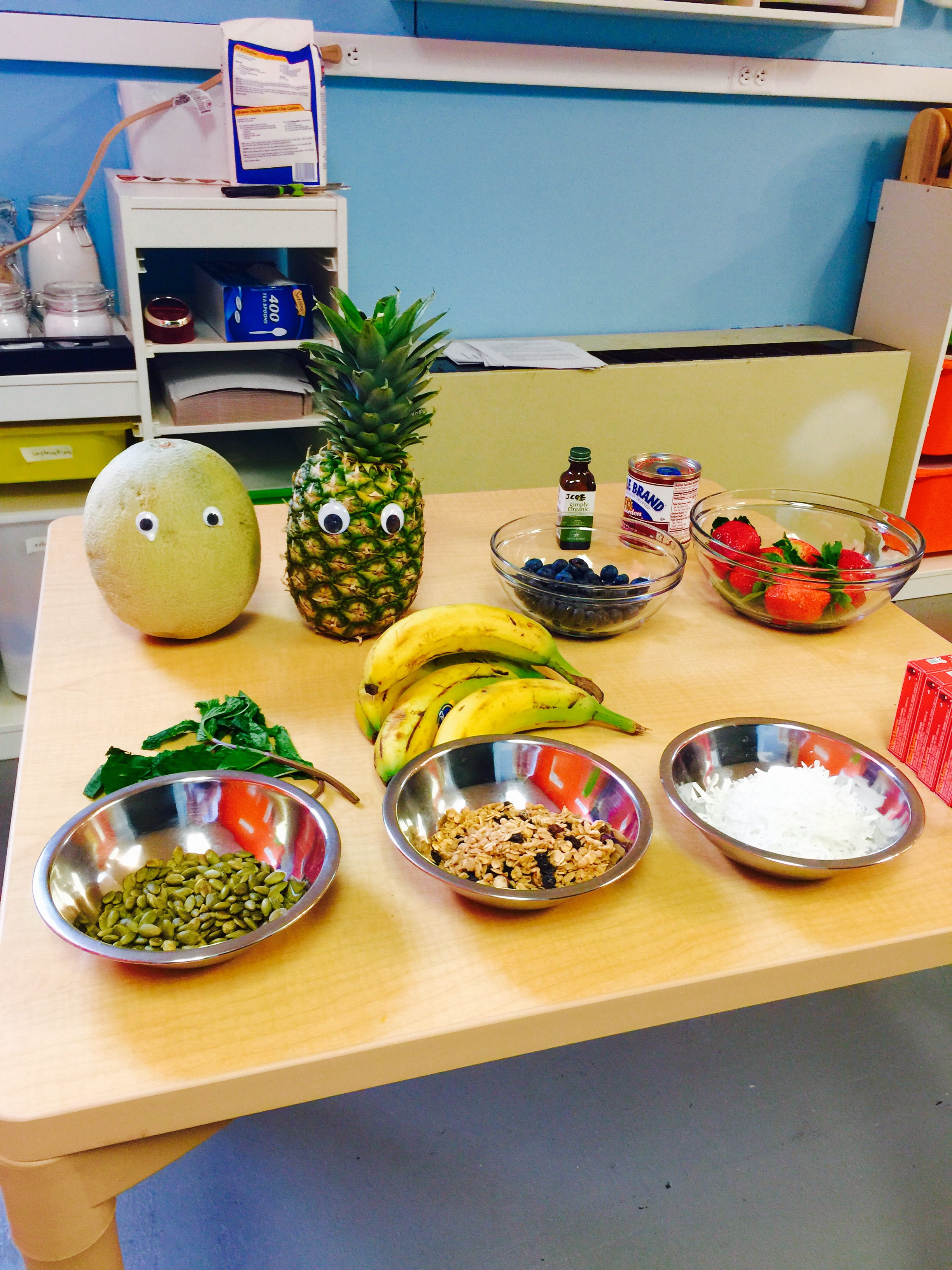
- If you have time to lean, you have time to clean.
I always ask the students to help wipe the table or bring the dishes to the sink. We have to keep the station organized and not piled of dirty dishes. No one can work efficient when his/her station is a mess.
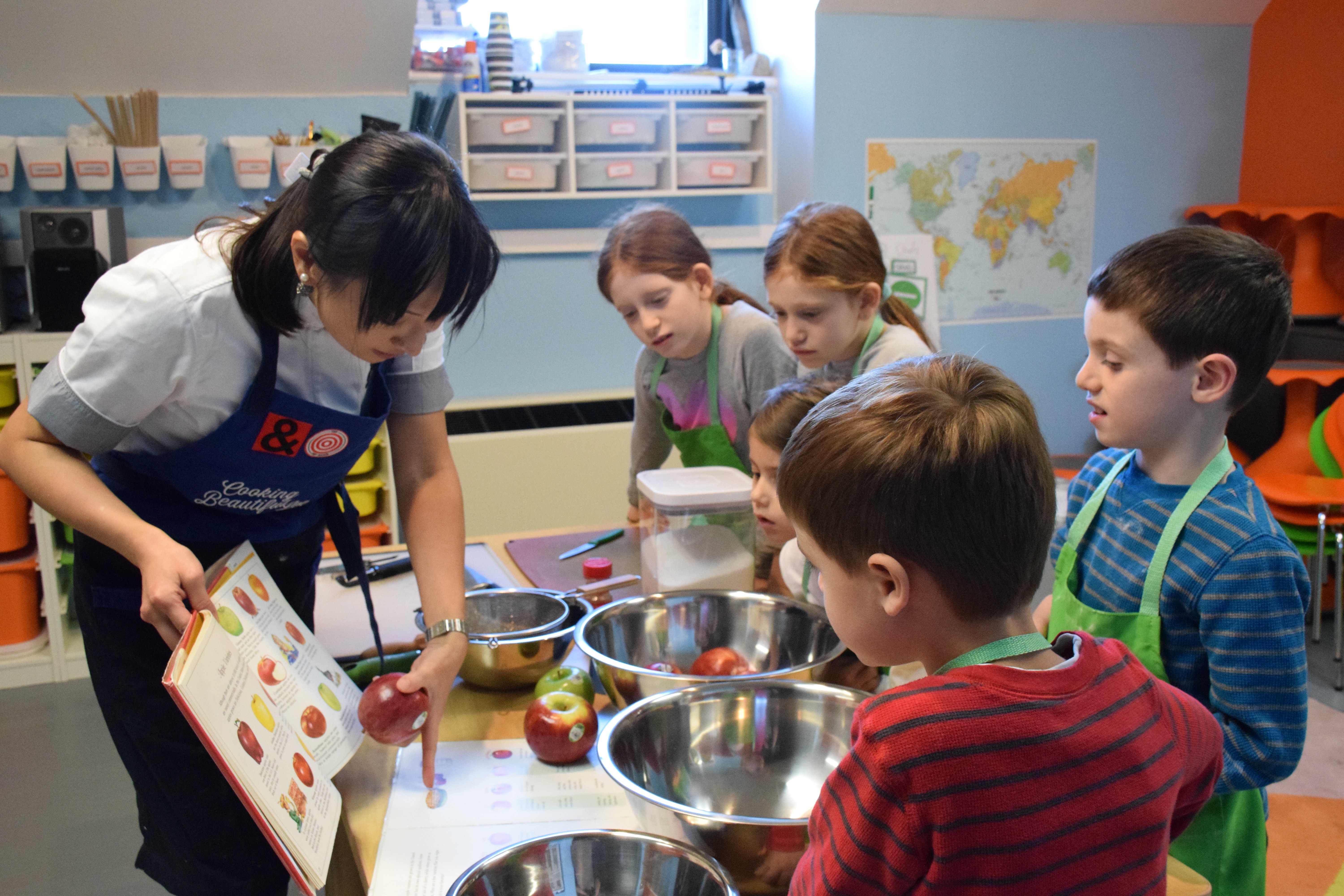
- Teamwork makes dream work.
When we watch Food Network, most of shows are about competition. Anyone who has worked in commercial kitchen knows the importance to work as a team. It takes many people's work collaborate to prepare food for hundreds of guests. To be a chef does not mean to be the person under spotlight and enjoys all the applause. A chef must be a team player and a good leader. A good leader is not the person who only bosses around. A good leader also does the hard work and be the best role model for everyone.
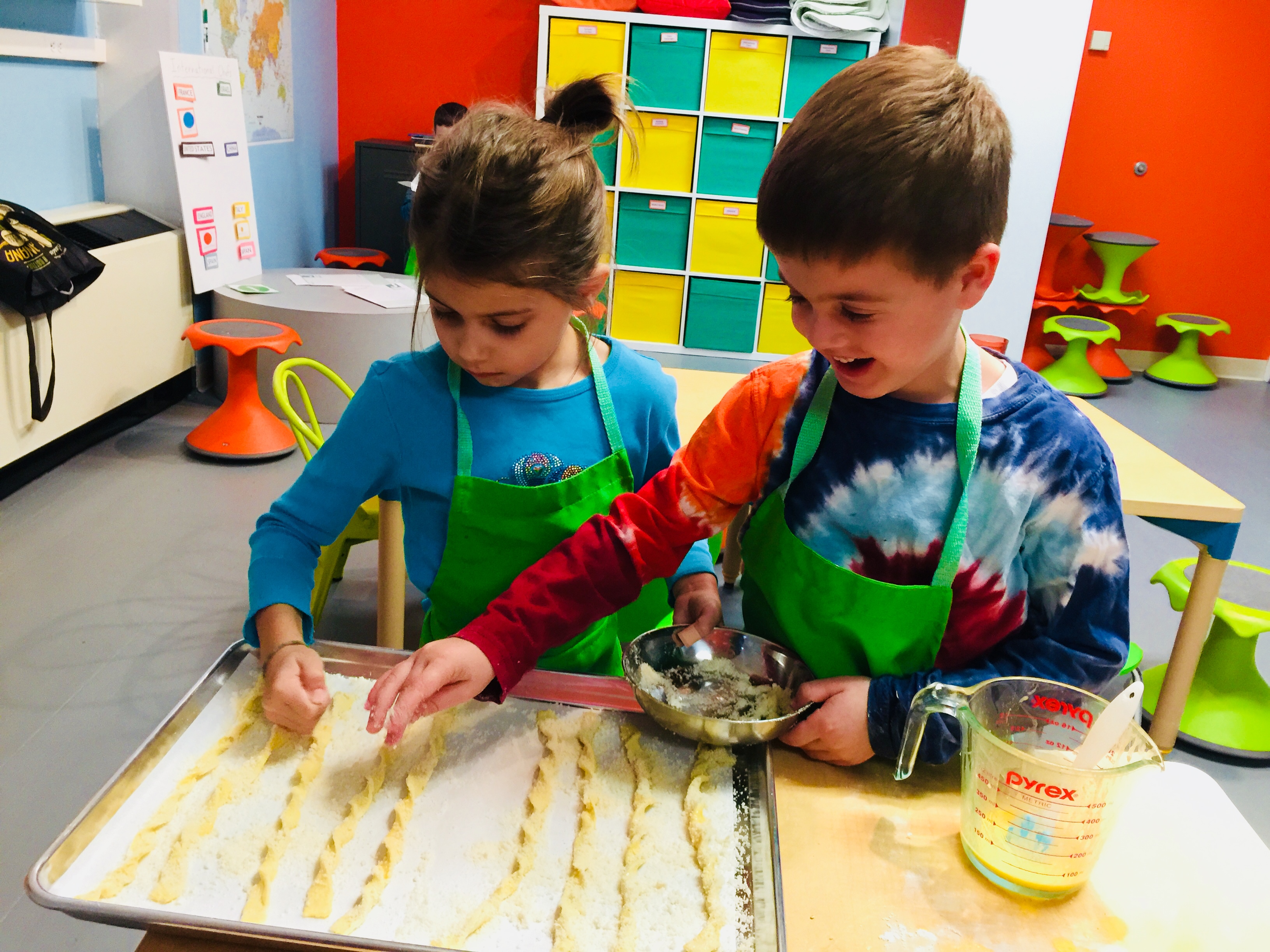
I believe it is not very hard to pass the skill set onto the students. Practice makes perfect. It is the right attitude that is hard to teach. I view my job to teach young children as planting seeds in their mind. I want them to carry the right attitude wherever they work/learn. I don't want to teach them how to be bakers. I want to teach them how to be chefs.
Join Our Community at Patreon
Perks for Friends of Food Patrons only:
Friends of Food is a digital members-only community designed to empower and connect food folks alike.
- Invitation to private community & food folk directory
- Access to a highly vetted network of Chefs
- One hour Zoom cooking lesson once a month
- Cookbook club + happy hour once a month
- 30 mins cooking consultation
- E-mail us your cooking questions and we will get back to you with our best answer within a week.
- Shoutout
- Polls (Help us choose a topic for an upcoming video + more!)
- Behind-the-scenes / Bloopers
- Exclusive perks from brand partners

Melissa Lee
Chief Entertainment Officer
Melissa is 100% MIT (Made in Taiwan), where she worked as a food writer. She’s also worked alongside renowned chefs like Ming Tsai and Joanne Chang, honing her craft and gathering stories along the way. Part story-teller, part educator, and part food lover, Melissa brings a special blend of experience, skill, and enthusiasm to her work. She blends her Asian background, her new home of New England, and love of food and culture to bring joy, optimism, and inspiration to food lovers and fun-seekers everywhere.
What sparked your passion for the industry?
The desire to make things by hand. The joy of sharing delicious, hearty food with students. The opportunity for people to get connected via cooking and baking. When a child smiled broadly and told me it’s the best scone he has ever made and eaten, it really made my day!
In your opinion, what’s the most important course?
Well, I usually take a peek at the wine list first. I like tapas style, so the course doesn’t really matter. Cheese and charcuterie are always a good place to start. And since I’m a pastry chef, there is always room for dessert!
Bill Gates is picking up your tab, where would you go?
Noma, Copenhagen.
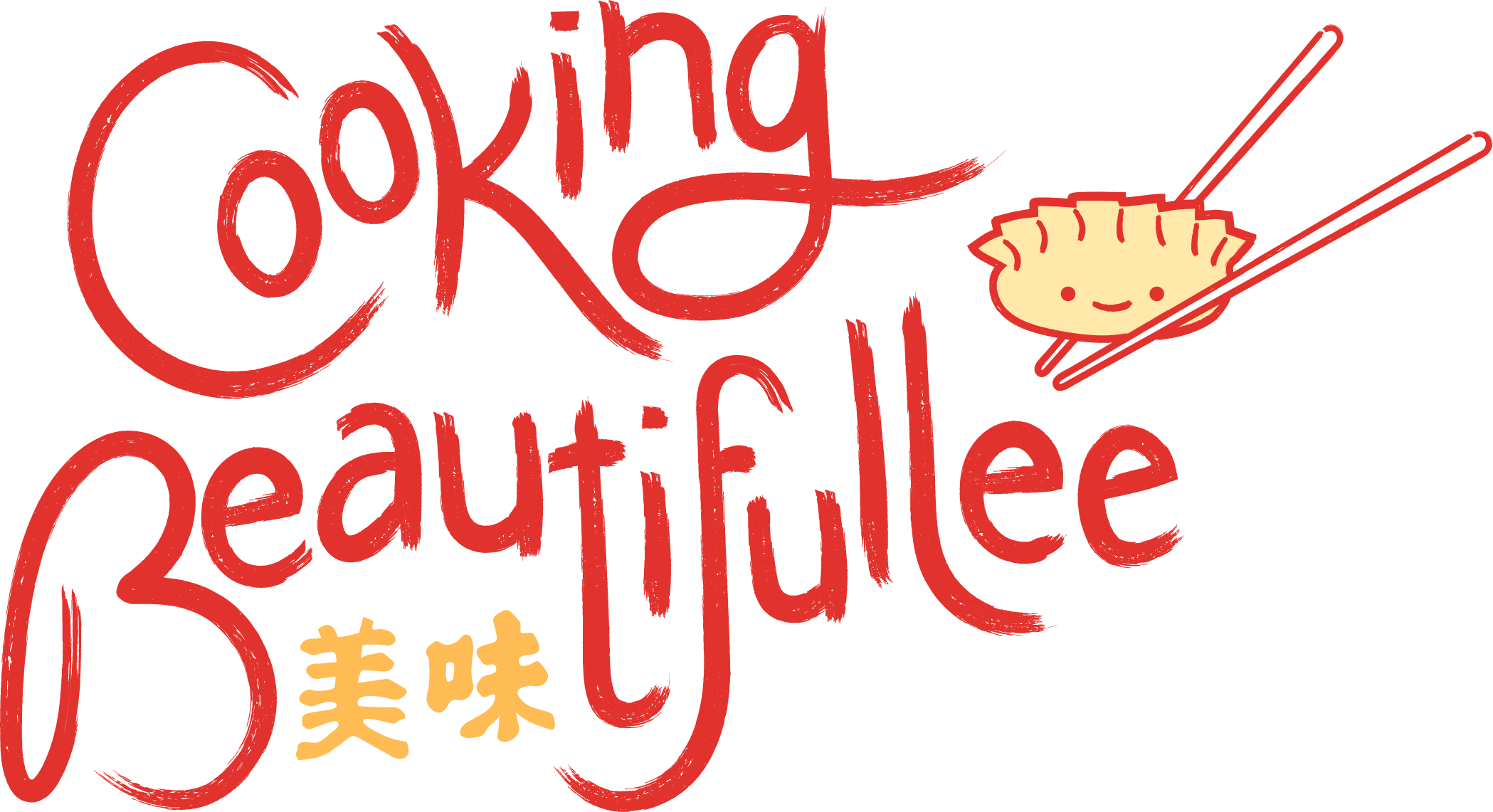
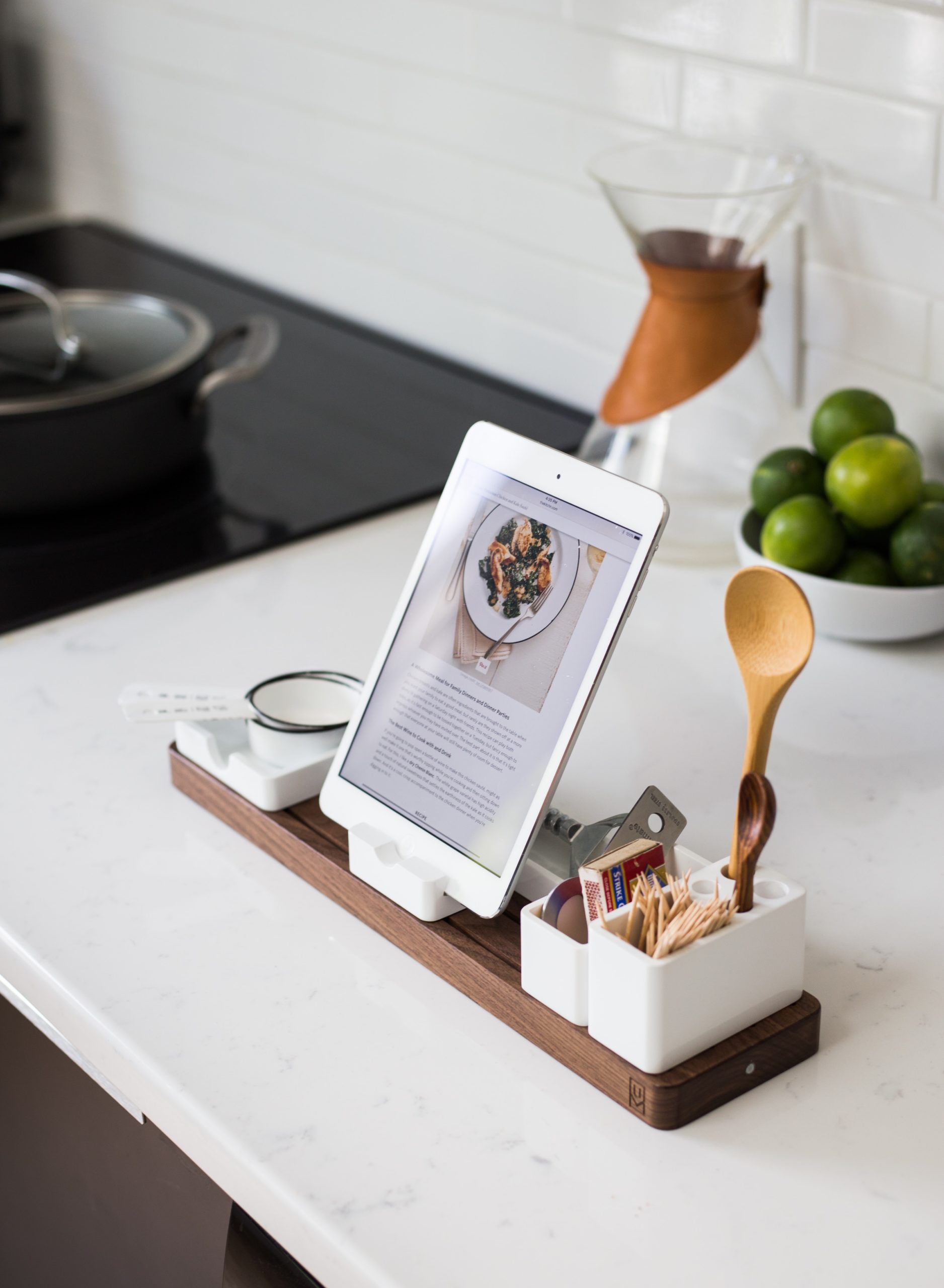
Thank you very much this has really help me
My pleasure!